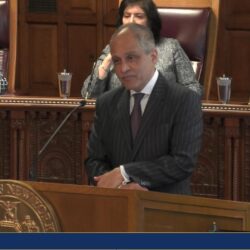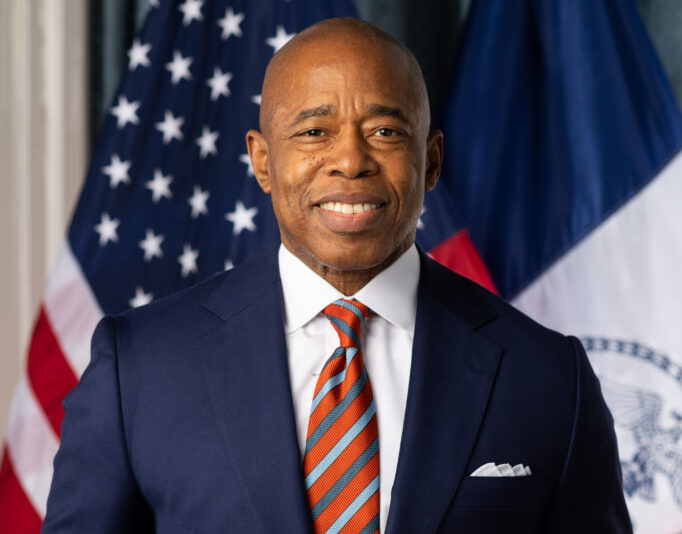
New York City Council votes to end solitary confinement in city jails

Mayor Eric Adams expressed concerns about the New York City Council's decision to end solitary confinement in city jails, emphasizing safety and operational challenges in implementing the new legislation. He underscores the need to balance reform with the protection of both inmates and correctional staff.
Photo courtesy of Mayor’s Office
Photo courtesy of Mayor’s Office
Leave a Comment
Leave a Comment



